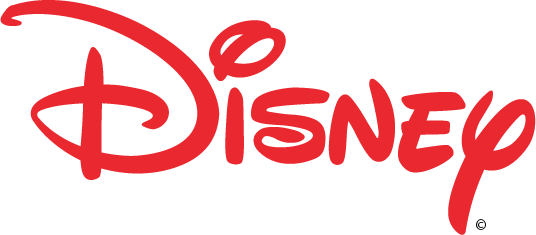Disney Conservation Fund Announces 2015 Grant Recipients; Surpasses $30 Million Giving Milestone
BURBANK, Calif., September 16, 2015 /3BL Media/ – The Disney Conservation Fund (DCF)—Disney’s granting program focused on protecting wildlife and connecting kids and families with nature—has announced its 2015 wildlife conservation grant recipients.
This year, nearly $3 million in grants will benefit wildlife and habitats spanning five continents—from orangutans in Indonesia and cheetah in Botswana to songbirds and sea turtles in the United States.
“For the past 20 years the Disney Conservation Fund has helped local communities and scientists protect animals and their habitats around the globe,” said Beth Stevens, senior vice president of Corporate Citizenship, Environment & Conservation. “I remember when the fund began in 1995 and as we celebrate its 20th anniversary, it’s wonderful to see how it is not only helping to continue Walt Disney’s conservation legacy but also deepening its impact to reverse the decline of threatened species and protect wild places in over half the countries in the world. This work will ensure that future generations will be left with a healthy, thriving planet.”
A total of 104 projects were selected through a rigorous review process based upon efforts to study wildlife, protect habitats and develop community conservation and education programs in critical ecosystems. Organizations selected include:
- Gunung Palang Orangutan Conservation Program (GPOCP): Orangutan Research, Conservation and Education – Orangutans are under increasing pressure due to habitat loss and human encroachment. GPOCP is working to bring these animals back from the brink of extinction by developing alternative livelihoods programs in communities, creating environmental awareness programs to engage local communities, and conducting research to assess the health of orangutan populations.
- Cheetah Conservation Botswana: Community Education for Carnivore Conservation – The cheetah is Africa’s most threatened large cat due to habitat loss, declining food availability and human-wildlife conflict. Cheetah Conservation Botswana is working to reduce human-cheetah conflict by training farmers to use livestock guarding dogs. This minimizes the loss of farmers’ livestock, and consequently the killing of cheetah in retaliation.
- Audubon Connecticut: Urban Oases for Migrating Songbirds – One of the factors contributing to the decline of migratory songbirds is loss of habitat. As a result, birds have fewer places to rest and refuel during their long migrations from the tropics north. The Urban Oases program engages communities to improve the quantity and quality of migratory stopover habitat in urban areas.
- Sea Turtle Conservancy: Archie Carr Refuge Education Program – Within 20 miles of the most important nesting habitat for threatened and endangered sea turtles in the U.S. lie miles of public beach as well as a patchwork of private homes and business. However, most stakeholders lack general knowledge about turtles and their fragile nesting habitat. This program provides creative and popular educational programs to teach students, residents and visitors how they are linked with the survival of sea turtles and the health of the coastal ecosystem.
With the 2015 grants, the DCF has now distributed more than $30 million through its annual conservation grants program since its inception in 1995. To date, this support has:
- Helped to conserve more than 400 species around the world.
- Funded protection of 3,600 square miles of habitat—an area equal to nearly 60 Walt Disney World Resorts.
- Supported education programs engaging more than 3 million people in conservation efforts—roughly equivalent to the population of Paris and San Francisco combined.
The majority of funding is provided by Disney and supplemented by guest contributions at Disney’s Animal Kingdom Theme Park, The Seas and Land at Epcot, Disney Cruise Line, Disney Vacation Club Resorts and select Walt Disney World Resorts.
For a complete list of 2015 DCF grant recipients, visit www.disney.com/conservation.



